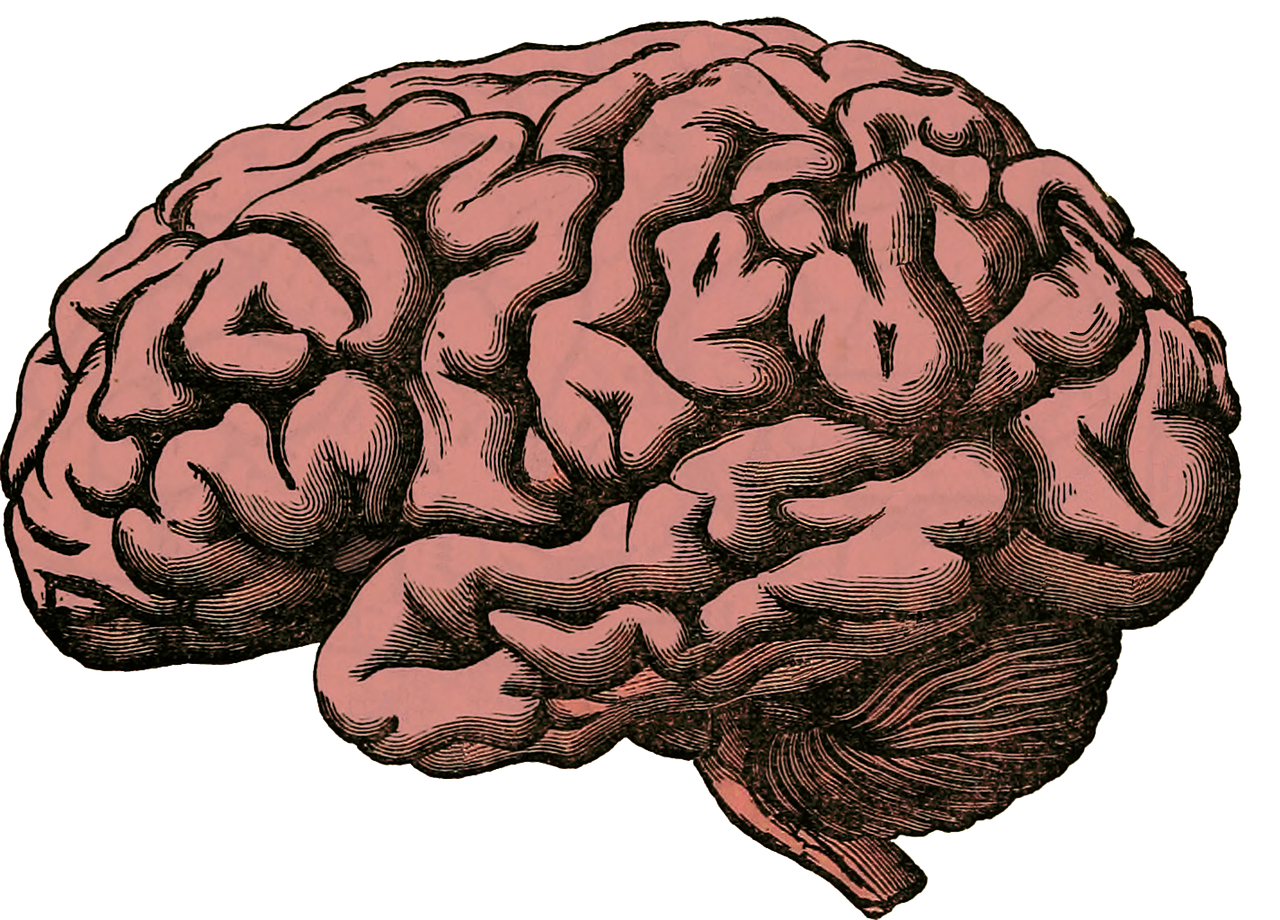Elliot Tebboth
With the growing popularity of Brain Training Apps it is important to ask the question – Do they work? On consulting the available evidence it reveals that the answer is not clear cut.
The prevalence of Brain Training apps is increasing. Luminosity, often held as one of the top rated and most popular apps, alone boasts 95 million users.
Therefore the total user base, including other popular choices such as Peak, Elevate, Cognifit and Memorado, reaches well into the hundreds of millions worldwide. With the bold claims made in their marketing and advertising, it is not hard to see why.
The basic premise of these apps is to commit yourself to completing their exercises, or training, for a small amount of time every day. The benefits of this, they say, are the improved functioning of certain brain capabilities or cognitive skills.
Luminosity claims improvements to “Memory. Attention. Flexibility. Speed [and] Problem Solving.” and Peak promises benefits to “Memory, Attention, Problem Solving, Mental Agility, Language, Coordination, Creativity and Emotion Control”.
On the apps’ websites, they support these claims with references to their companies close links with leading researchers and validation studies published in peer review journals.
Luminosity have posted a list of 55 supporting published papers, 20 of which use Luminosity directly in their methodology and announces links to over 100 researchers.
At face value there seems little room for false advertising claims, however, the science in this area is far from uncontested.
The central premise is strong. Explained by Peak on their website, “the brain is like a muscle and it can change over time, responding to what we do with it. This means that as we challenge the brain, it affects its functionality.
“This concept is called neuroplasticity and it means your brain is not fixed. It strengthens and weakens over time and can be affected by the challenges you set it.”
Neuroplasticity underlies some amazing phenomena including the slow reduction in the side following a stroke.
Here, the functions previously controlled in the now damaged area of the brain can be re-wired into the healthy regions. This returns the lost functions.
This is most striking in patients that have their motor control or movement impaired. Over time some regain control of their bodies.
Brain training is argued to harness neuroplasticity to improve performance in everyday tasks.
The repeated undertaking of puzzles and games aims to stimulate the rewiring of your brain so that it functions better on tasks that have not been undertaken in training. It is in this generalisation of improvement that the controversy lies.
In late 2014, the Stanford Centre on Longevity released a letter, signed by 70 scientists from around the globe, titled “A Consensus on the Brain Training Industry from the Scientific Community”.
This letter argued that there was no “compelling evidence of general and enduring positive effects” as a result of brain training.
In reply, 133 scientists signed a letter stating there is a “growing body of evidence shows that certain cognitive training regimens can significantly improve cognitive function, including in ways that generalize to everyday life. This includes some exercises now available commercially.”
However, this growing body of evidence has been criticised due to its experimental design and analysis.
Many contain small sample sizes and lack appropriate controls that support their conclusions.
Although more recently in response to criticism more robust trials are being conducted.
A paper published in PLOS ONE in 2015 conducted a randomised control trial containing 4,715 participants.
The participants were split into two groups that would train for 15 minutes, 5 times per week, for 10 weeks. One group trained using Luminosity and the other group used crosswords.
The results found a significant improvement in cognitive function, self reported cognition and well being in the Luminosity group compared to the crossword group.
This paper, however, highlights the need for caution in interpreting such results. The research was funded by Lumos Labs, the developers of Luminosity.
The participants were also recruited from Luminosity users that had not upgraded to a paid account, and they were offered a 6 month subscription for completing the trial.
The participants therefore were more likely than average to believe that Luminosity training may have some effect, and the long trial period again further enhances this effect. Those who believe it will have benefits are more likely to continue.
This belief instills motivation that is known to produce a better performance. Also significant is the higher drop out rate in the control group.
This represents a decreased motivation on their realisation of their assignment to the control, an event that likely reduces motivation.
The similarity of some of the Luminosity training games to the test games is also important. It reduces the confidence in conclusions that state transfer of performance benefits to everyday tasks.
This was particularly evident in the close relationship between the arithmetic and memory games with their respective tests.
Beyond healthy individuals the benefits of brain training have been investigated with respect to the prevention of ageing and also to patients with various neurological disorders such as mild cognitive impairment, dementia, Parkinsons and Alzheimer’s.
At the 2016 Alzheimer’s Association International Conference, researchers presented results from a the 10 year Advanced Cognitive Training for Independent and Vital Elderly study.
The study contained 2,785 participants divided into 4 groups that each had a 10 one hour training sessions over 5 weeks, as well as additional training after 1 and 3 years.
There were three intervention groups – classroom based memory strategies, classroom based reasoning strategies and computer based speed processing tasks (brain training) – and one control group.
The speed processing task group, or brain training group, showed after 10 years to be 33% less likely to develop cognitive decline or dementia than the control.
However, the evidence surrounding these benefits again is mixed. As a result, in January 2016, the US Federal Trade Commission charged Lumos Labs with deceptive advertising.
The order imposed a $50 million judgment that was reduced to $2 million due to the companies financial situation.
It stated “Lumosity preyed on consumers’ fears about age-related cognitive decline, suggesting their games could stave off memory loss, dementia, and even Alzheimer’s disease. But Lumosity simply did not have the science to back up its ads”.
The controversy around brain training is summed up on the Cognitive Training Data website that was created to aid navigation through the many mixed messages in the field and maintained by Michael Merzenich, PhD, Professor Emeritus of Neurophysiology at the University of California San Francisco.
It states “using ‘brain training’ as a blanket term is like using ‘pills’ as a blanket term. You would never study one pill and then say ‘pills’ don’t work, or do work.
“Yet researchers (and reporters) do that all the time for brain training programs—and it makes no more sense than for pills. As with pills, some are highly useful, and others are just sugar”.
For now, it seems there can be no definite answer to whether brain training constitutes the root cause of improvements in cognitive function and further investigation is needed.
However, any increase in your daily mental activity is definitely a good thing whether it be puzzle and brain training apps, socialising or exercise. Like many things, it may be better do something than nothing.





One comment
All aboard the brain train?